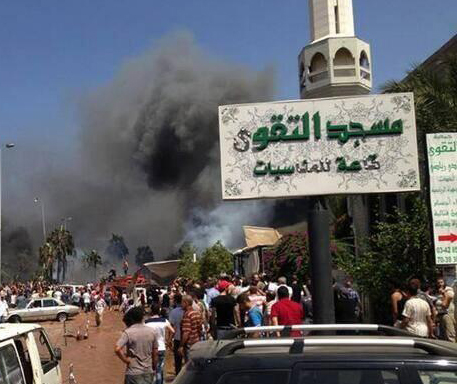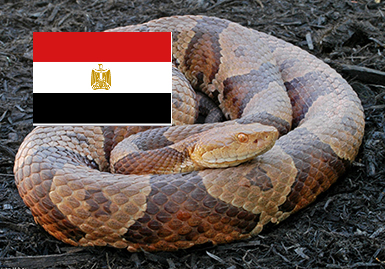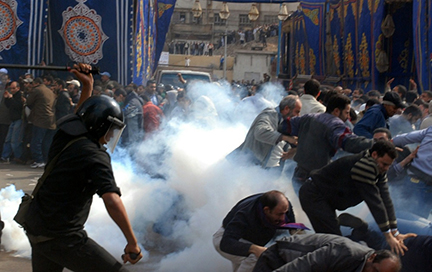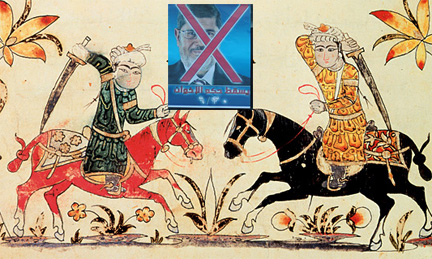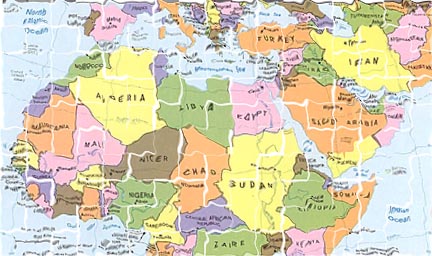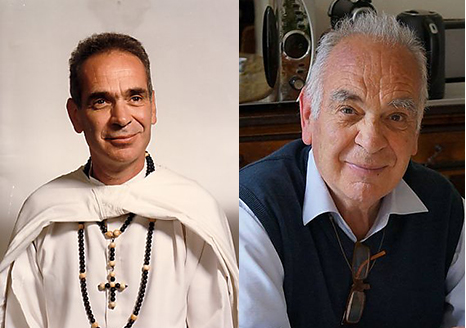
Just a few days ago I learned that a man I respected more than just about anyone else I have ever met had passed away on June 20, 2013 at the age of 76. This was Père Etienne Renaud, a man of the cloth I met in Yemen in 1978 and was able to visit in Rome in 1983. Etienne was a remarkable man, a missionary of the White Fathers (Pères blancs) teaching electrical engineering in Sanaa and ministering to the expatriate Christians in the community at the time. He was loved by all, including the many Yemeni Muslims he met, because he loved all.
His interest in Islam had evolved while serving in the French army in Algeria, after which he decided to enter the priesthood. With Arabic training in Damascus in 1968, he went to Tunisia the next year and on to Yemen in 1972. In 1980 he returned to Rome and taught Arabic at the recently formed Pontifico Instituto di Studi Arabi e d’Islamista. In 1986 he became Superior General of the order and served for six years. He visited many African countries where the White Fathers worked and spent the last several years in Marseille encouraging dialogue between Christians and Muslims.
Père Etienne was no ordinary missionary. He saw his mission as one of living his faith rather than trying to convert for conversion’s sake. In a poignant article, which I will post here in a follow-up, he noted that he was a Christian because he was born into Christianity. Although he accepted the Christian message as truth for him, he would not put himself in a position to judge another’s faith. His goal, as laudable as they come, was to be true to himself and allow others to be true to themselves, to see dialogue as an encounter that did not have to result in a zero-sum monologue. Continue reading Père Etienne Renaud: In Memoriam, 1

